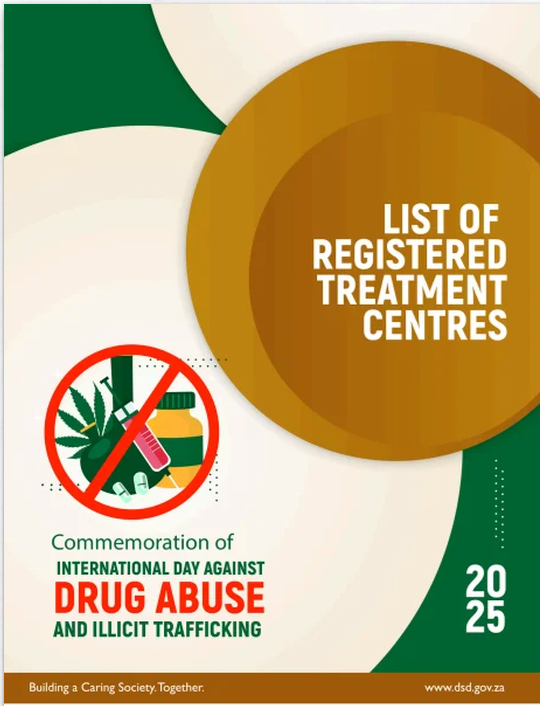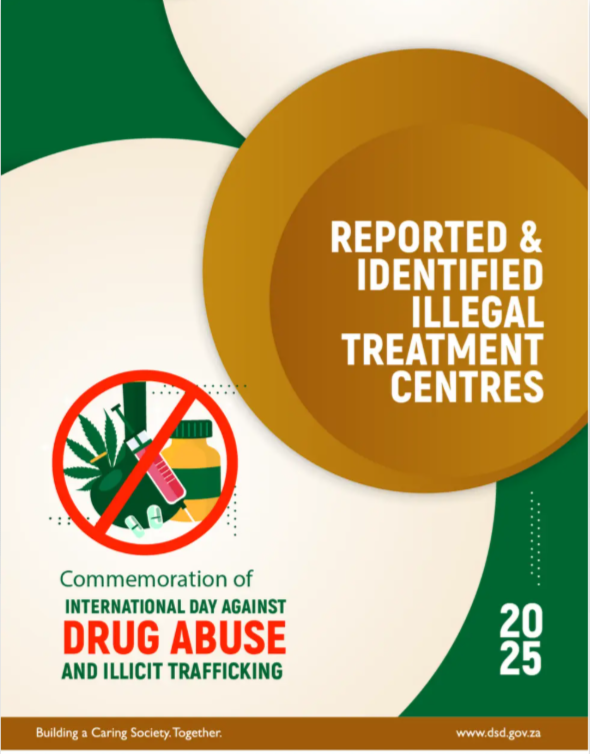By Staff writer.
- The Bill closes legislative gaps, aligns with court judgments, and enhances protection against violence, neglect, and exploitation.
- It secures rights for children including legal representation in abduction cases, regulates the role of unmarried fathers, and prohibits child abandonment practices.
- Stronger measures are introduced for children with disabilities, unaccompanied migrant children, and in areas of adoption and surrogacy, ensuring no child is left behind.
The Department of Social Development has welcomed the gazetting of the Children’s Amendment Bill, 2025, which represents a significant legislative milestone in strengthening the care and protection of children across South Africa.
As the custodian of childcare and protection, the Department reaffirmed its commitment to ensuring that every child enjoys their constitutional rights, including protection from violence, abuse, neglect, exploitation, and unnecessary separation from families and communities.
The Children’s Act remains the cornerstone of childcare legislation. However, over time, challenges and gaps in implementation have been identified, leading to litigation in certain instances. The Amendment Bill seeks to address these issues by aligning the Act with court judgments, clarifying inconsistencies, and strengthening the overall child protection system.
Key provisions of the Bill include improved protection of children’s rights to physical and psychological integrity, regulation of the position of unmarried fathers, and the designation of a Registrar of the National Child Protection Register. It also introduces expedited processes for child abduction cases, guarantees legal representation for children, and regulates interactions between children and the media.
The Bill empowers provincial Departments of Social Development and municipalities to establish and manage partial care facilities, it prohibits all forms of child abandonment, including the use of baby boxes, and provides enhanced protection measures for children with disabilities to ensure inclusion. In addition, it strengthens processes for supporting unaccompanied migrant children, improves adoption and surrogacy regulations, and enhances inter-country adoption in partnership with the Minister of Health.
The Department emphasised that these amendments represent a decisive step towards building a safer, more inclusive, and responsive child protection framework. Stakeholders, civil society, and members of the public are encouraged to engage with the Bill and contribute to shaping a system that safeguards the rights and well-being of South Africa’s most vulnerable citizens.





